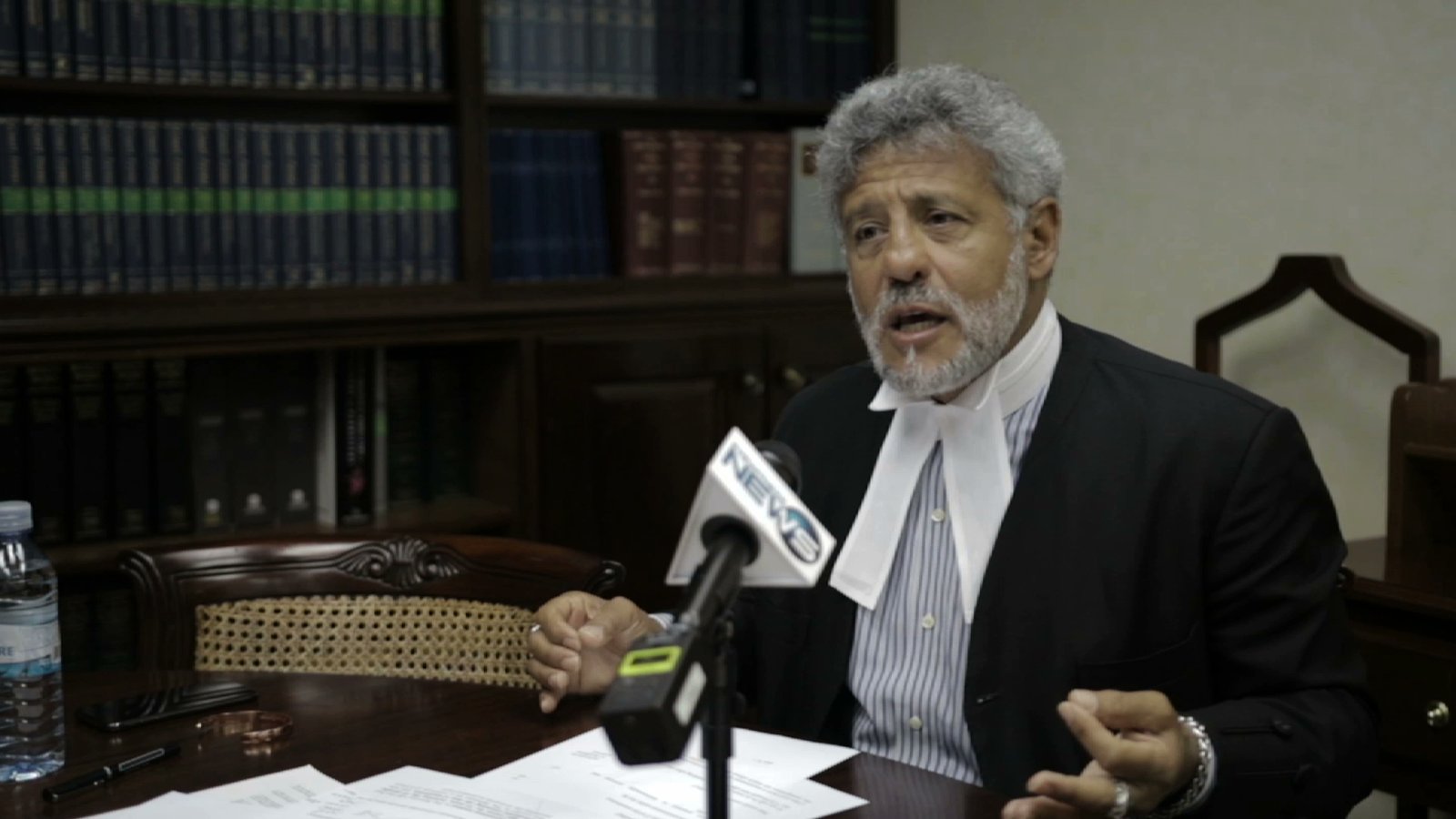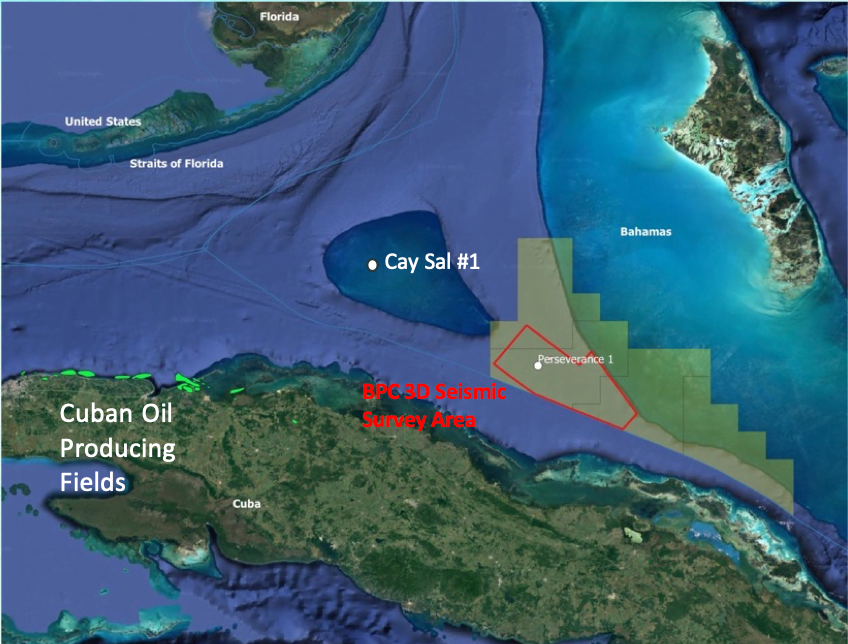NASSAU, BAHAMAS — While making the case that Bahamas Petroleum Company (BPC) should have waited for the outcome of environmentalists’ judicial review application in the Supreme Court before drilling its exploratory oil well, Fred Smith, QC, told the court yesterday that the company has “poked a hole in the belly of mother nature”.
However, BPC maintained that the exercise would pose further risk if stopped at this stage.
Justice Petra Hanna-Weekes is expected to soon rule on whether she will grant leave for judicial review of the government’s approval for BPC to proceed.
The drilling exercise, which began last week, is expected to take 45 to 60 days to be completed.
Smith, counsel for the applicants, said the judicial review matter should have been a simple ex parte application, but it has become somewhat of a “mountain of papers, which would befit a federal case”.

“Was there or was there not proper consultation notwithstanding that BPC has a license to explore for oil — that does not give BPC carte blanche to ignore all of the laws passed by Parliament,” he argued.
“The license granted was an executive act.”
He argued BPC has “poked a hole in the belly of mother nature”, and suggested the company rushed to drill an exploratory well, knowing there was an application for judicial review filed.
Smith said the applicants have made out a case and met the threshold for judicial review.
He argued that leave should be granted.
He indicated that while the agreements may be binding between the government and BPC, it does not mean that the exercise can proceed in contravention of the laws of Parliament.
He said the substantive issues “scream for resolution”.
BPC has said it is “impossible” to halt the exercise now that drilling of an exploratory well has begun.
In response, Smith said BPC was aware of the challenge and ought to have respected the rule of law and could have paused.
The applicants are also seeking to add the Town Planning Committee, which counsel argued has an obligation to stop any illegal process.
For the government, Aiden Casey, QC, argued that “the supposed claim is wholly lacking in substantive merit”.
Casey said it is “misconceived and doomed to failure” to make a case that the drilling site falls within the scope of the geographic application of the act under the Town Planning Committee that the applicants rely on.
He said the same applies to other respondents on that argument.
Casey said the late argument developed by the “inventive” applicants are matters which are patently clear, noting that when the EA was granted in February it was done “entirely properly and lawfully”.
He said the matter being of public interest is not a strong argument for the delay and an extension of time, as there is precedence and respect for the duty to act promptly.
Casey said the well will never serve for the extraction of oil and will be capped once the exercise is completed.

He said the Bahamian people deserve to know whether there is oil in The Bahamas, but that does not mean approval will be granted to drill for oil beyond the exploration exercise.
On the application for a stay of the exercise “at this late stage”, Casey said there is a further risk that if BPC is essentially kicked off the project, future investors and commercial operators could very well decide they’re “not going to get involved either”.
He also argued that to stop the exploratory well exercise at this stage, there could be environmental risks and the course of action offering the least risk is to allow drilling to proceed.
Waterkeeper Bahamas applied for judicial review earlier this month and an application for an amendment to add an additional affidavit.
The respondents, namely the government, have applied to stay the application for grant of leave for judicial review.
BPC has also filed a summons to intervene on the judicial review proceedings.
The government is also seeking security for cost of $200,000 for the entire action or to have it dismissed.
Smith said that while the summons was previously filed, it was only served on the applicants Tuesday night.
Clare Montgomery, QC, counsel for BPC, called the arguments of the application “hopeless”.
She also noted that nearly half a million dollars is being expended every day, adding that the sunk cost amounts to $9.1 million and around $25 million in exposures.
The Queens Counsel pointed out that the ongoing exercise is to determine whether commercial quantities of oil exist, and not to extract such oil.
As it relates to halting drilling, Montgomery said while there are provisions to stop drilling in the event of a hurricane, for example, the process should only be performed in a genuine emergency.
She said the pressure management of the drilling equipment is critical to be maintained as a vital safety mechanism for the ordinary operation of the exploratory operation, and should not be risked on the basis of a late application.
She said the decision against drilling during the hurricane season was precisely to avoid the risk the applicants now wish to impose on the Bahamian people.






